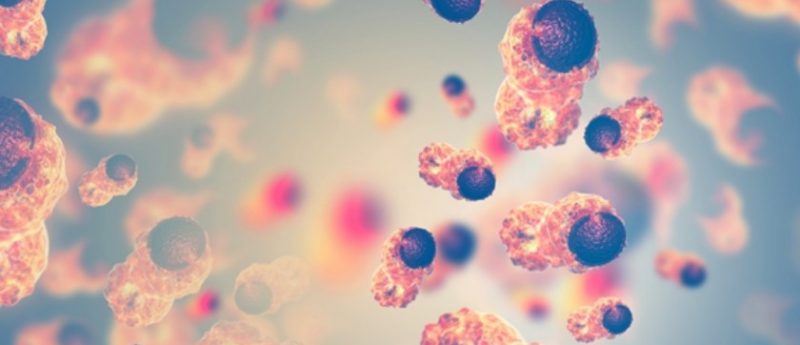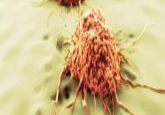3D printed life-sized breast cancer tumors created

A student from the University of Waikato Masters (Auckland, New Zealand) is attempting to use 3D printing in creating life-sized breast cancer tumors. With her research she aims to be able to provide women with a faster, more effective treatment for this disease.
Shalini Guleria has been printing out models of the tumors using plastic in order to test the design. These are black, semi-circles around the size of the palm of your hand. However, for the research she will be using commercially available cancer cells as opposed to the plastic found in 3D printers, in doing so she will be observing how the cancer grows, hopefully to a palm sized tumor.
After going through the design phase, Shalini is now at the stage whereby she will find out if bioprinting will work with cancer cells. Shalini hopes that a 3D model will be far more representative of human cancers: “Once the tumor is printed we will be able to slice it and look into the depths of the cell. You can look at how the tissues are growing, the fibers connecting and the cell organelles – the things that make the cell grow – how they differ to the 2D model.”
After the tumor has been printed and grown she will use the chemotherapy drug cisplatin on it, hopefully observing how the 3D tumor’s reaction to the drug may differ from the commonly used 2D model. Shalini explained: “Testing cancer drugs on a more realistic model may mean we can hone how we use them. If we can reduce the treatment time and the dosage, obviously the side-effects will be less, making treatment less traumatic for women.”
She hopes that in the future the effects of this method could be wider: “We may be able to take the cells from someone who has cancer, and use them to produce something we can test very specifically for that patient. Then we could make a detailed treatment plan for an individual’s body, rather than take a generic approach. A panadol might work for you, and not someone else – everyone’s bodies are different.”
Source: www.waikato.ac.nz/news-events/media/2018/3d-printing-cancer





